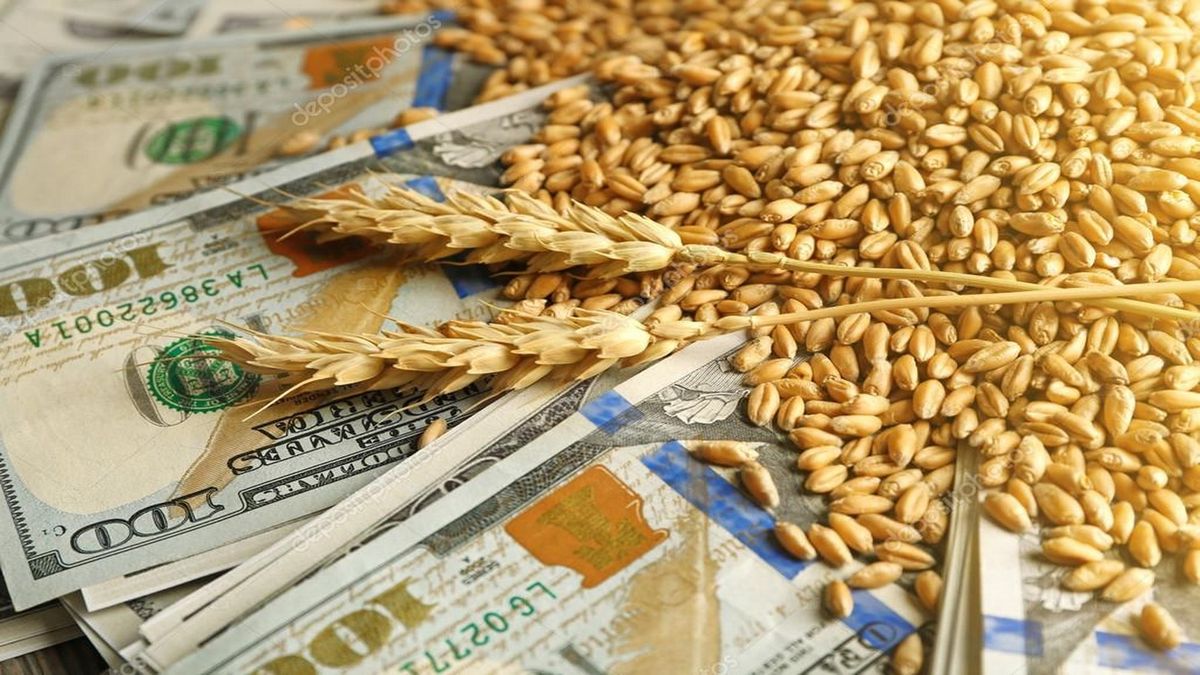For now, the most conservative projections of the Buenos Aires Cereals Exchange indicate that the fine harvest (wheat and barley) would generate at least US$6,000 million for the Argentine economy, but this figure could grow considerably in the event of that producers add more hectares of wheat to their productive plans and manage to take advantage of the maximum values that the market shows today.
The truth is that while the prices of agricultural commodities rise,This year, Argentina is assured of a record income from the main agro-export complexes, which would exceed US$41 billion in total, and if this account is added, for example, shipments of beef, peanuts and other regional economies, the countryside in as a whole would contribute more than US $ 51,000 million. In other words, this 2022 will be a year in which the country will have fresh foreign exchange for practically the entire year thanks to the countryside in a context of maximum tension for the national coffers.
But, on the other hand, the situation opens up a conflict front for nothing less. The rise in agricultural commodities, mainly cereals (wheat and corn), also affects the internal value of food. In the first place, wheat is the basic product of flour for the manufacture of bread and other key farinaceous products of the basic basket such as dry pasta or cookies. As for corn, it has multiple uses in the food business and is directly a key input for animal feed (pigs, poultry and cattle). That is why if the local market also pays high prices for cereals, the transfer to supermarket shelves will also be felt in the short term. Precisely, in a context of high inflation that the Government seeks to curb through various mechanisms that are not achieving their objective.
In this context, the Secretary of Domestic Trade, Roberto Feletti, hastens the implementation of the so-called wheat trust with which he seeks to decouple the price of wheat in the domestic market that will be used for the manufacture of wholesale flour. In other words, the official is seeking a framework agreement with flour mills and pasta and cookie manufacturing companies to achieve maximum traceability in the sector and thus allocate some US$400 million to subsidize 25-kilo bags of flour. The money, in its entirety, comes from the increase in withholdings on soybean by-products.
Meanwhile, some SME flour mills warn that there may be a discretionary distribution in these wheat subsidies and ask for greater clarity when establishing the agreement. That is why yesterday Feletti met with various milling business leaders to reach an agreement and tomorrow it will be the turn of the food companies.
Source: Ambito
David William is a talented author who has made a name for himself in the world of writing. He is a professional author who writes on a wide range of topics, from general interest to opinion news. David is currently working as a writer at 24 hours worlds where he brings his unique perspective and in-depth research to his articles, making them both informative and engaging.




